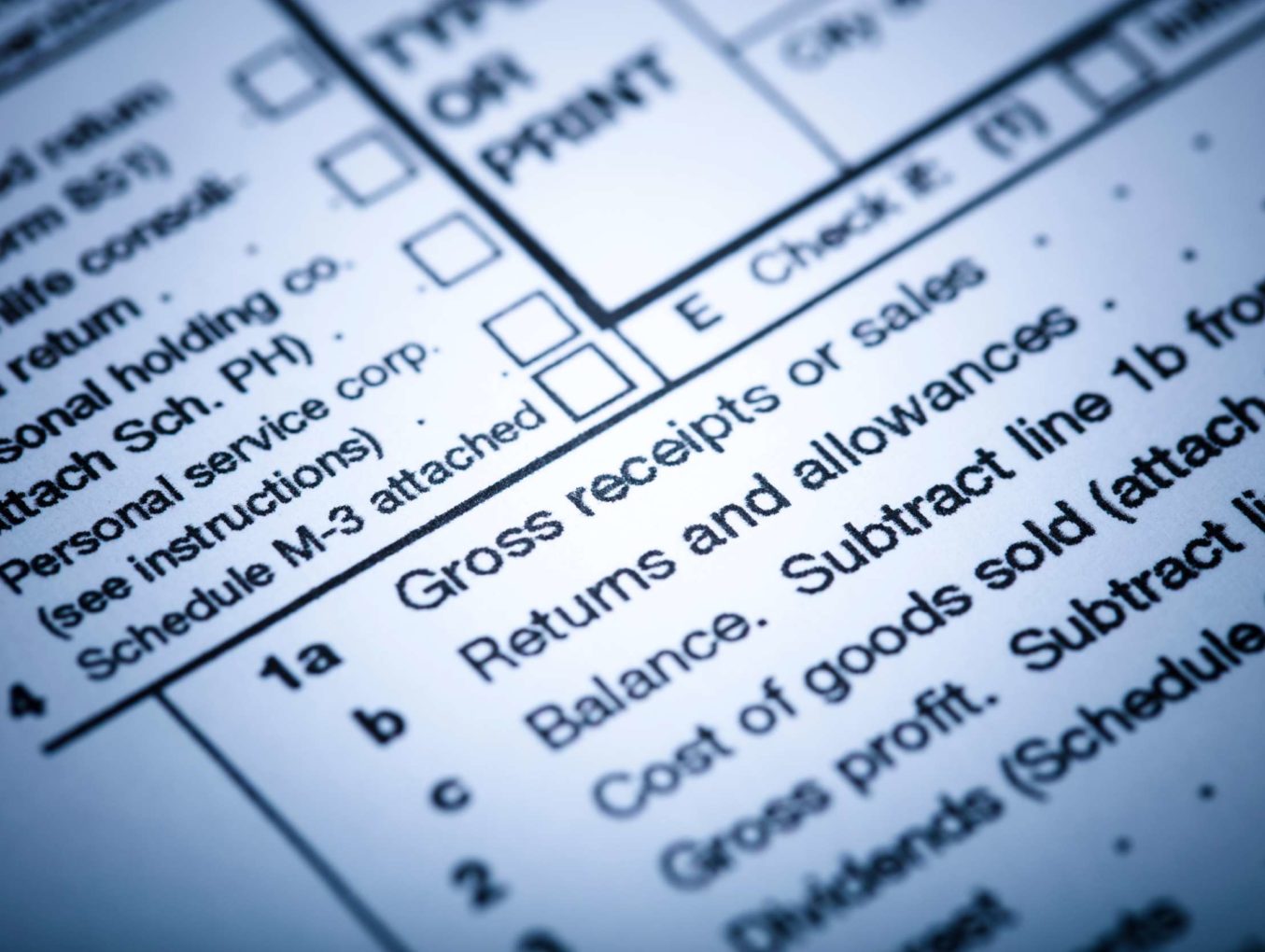Eligible persons and entities in the US must file their tax returns each year. When taxpayers fail to file a return on time, the IRS sends several notices along with Form 15103 (1040 Return Delinquency). This form is usually a final reminder before the IRS files a substitute return and determines your taxes.
We will review the steps to take when you receive IRS Form 15103.
What Is IRS Form 15103?
Form 15103 is sent by the IRS when they believe you have not filed your tax return(s). Usually, the agency includes this form with CP56, CP59, or CP516 notices. However, the IRS may send this form with other notices depending on your specific tax situation.
When Do You Need to Complete Form 15103?
As mentioned earlier, the IRS sends Form 15103 because it does not have a record that shows you filed your prior personal tax return. You need to file your 1040 return immediately for the tax year under review or explain to the IRS why you have not filed.
Form 15103 Instructions
How you fill out Form 15103 depends on your tax situation:
- If You Did Not File a Return: If you have not filed your tax return within the last two months, you need to complete 15103 and file your return for the tax year requested. You should also include payment for taxes you owe. If you cannot pay your taxes in full, pay whatever you can now and make payment arrangements with the IRS for the balance.
- If You Do Not Need to File a Return: If you think you do not need to file a 1040 tax return, complete Form 15103 and explain why you are exempt. Mail your signed form to the IRS.
- If You Filed a Return in Last Two Months: You can ignore Form 15103 if you filed your return within the last eight weeks. In this case, the IRS sent the form before receiving your return. However, it is advisable to confirm the IRS received your return. Use the IRS2Go app or where’s My Refund tool to check the status of your return.
- If You Filed a Return More Than Two Months Ago: If you filed your return more than eight weeks ago, indicate you filed the return and the tax year.
Do You Need to Fill Out IRS 15103 If You Already Filed Taxes?
No, you do not need to complete an IRS 15103 form if you already filed your taxes. As mentioned in the previous section, you can ignore Form 15103 if you filed your return in the last couple of months. However, still confirm the IRS received your return.
How Do You Fill Out Form 15103 If You Don’t Need to File a Return?
The following are steps to fill out Form 15103 if you do not need to file a 1040 return:
1. Form 15103 has a section where you can note you do not need to file. When completing this section, provide the tax year, filing status, and income.
2. Select one of the following options depending on your situation:
- You or your spouse is 65 years and above
- You or your spouse is blind
- You worked in another country during the specific tax year under review
- You are not a US citizen or permanent resident
- Someone else claimed you as a dependent on their return
3. Include your specific reason for not filing. For example, if you did not file because you are not a US citizen, write something like, “I didn’t file for the tax year 2021 because I am not a US citizen.”
In the case of a deceased taxpayer, you should only file the return if the person’s estate received over $600 in income for the tax year under review. Generally, you file the deceased person’s final return using the same method as when they were alive. However, you must note the date of death on the return.
When the taxpayer listed on Form 15103 is deceased, note the date of death in the appropriate section and check the box if you filed Form 1041. Form 1041 is the form you use to file income tax returns for estates.
Where Do You Send Form 15103?
After filling out Form 15103, mail it to the IRS address included in your notice. You can also fax the form to the IRS number in your notice.
Receiving an IRS notice and Form 15103 in your mailbox can be a stressful experience, especially if you have not filed your personal tax return.
If you are wondering about next steps, call us at 866-568-4593 or start by answering 6 simple questions and we will contact you. We can help determine the appropriate steps when you have not filed taxes and you owe the IRS.
6 Simple Questions. Free Evaluation.
Join our Newsletter
Enter your email address to join our free newsletter. Get all the latest news and updates.

